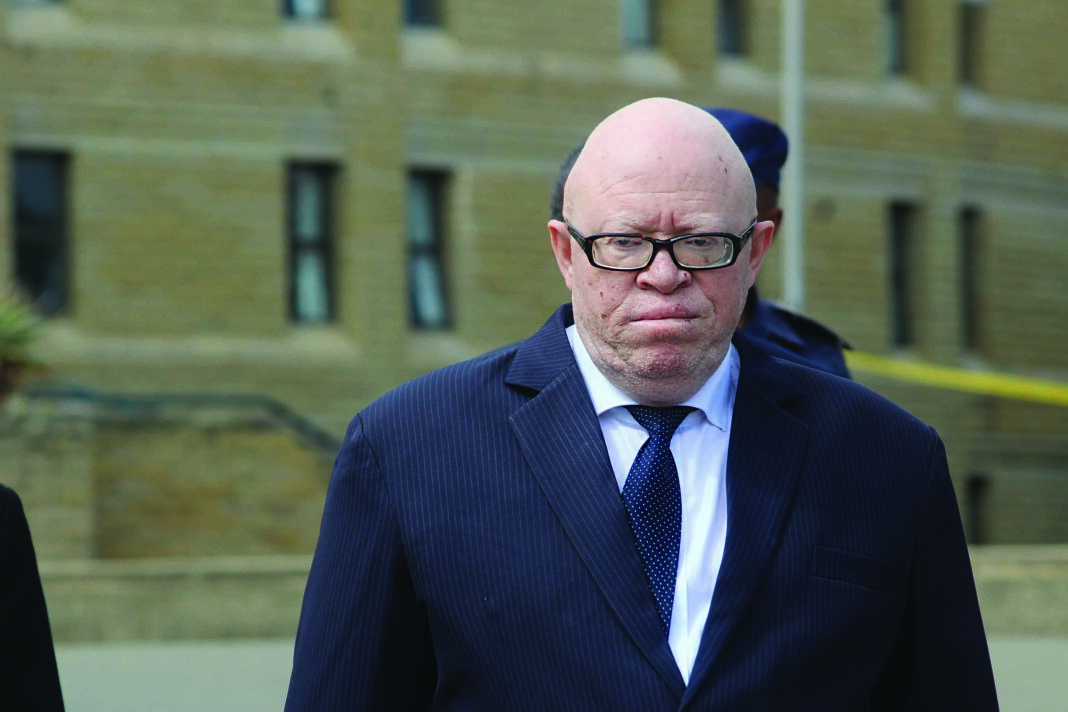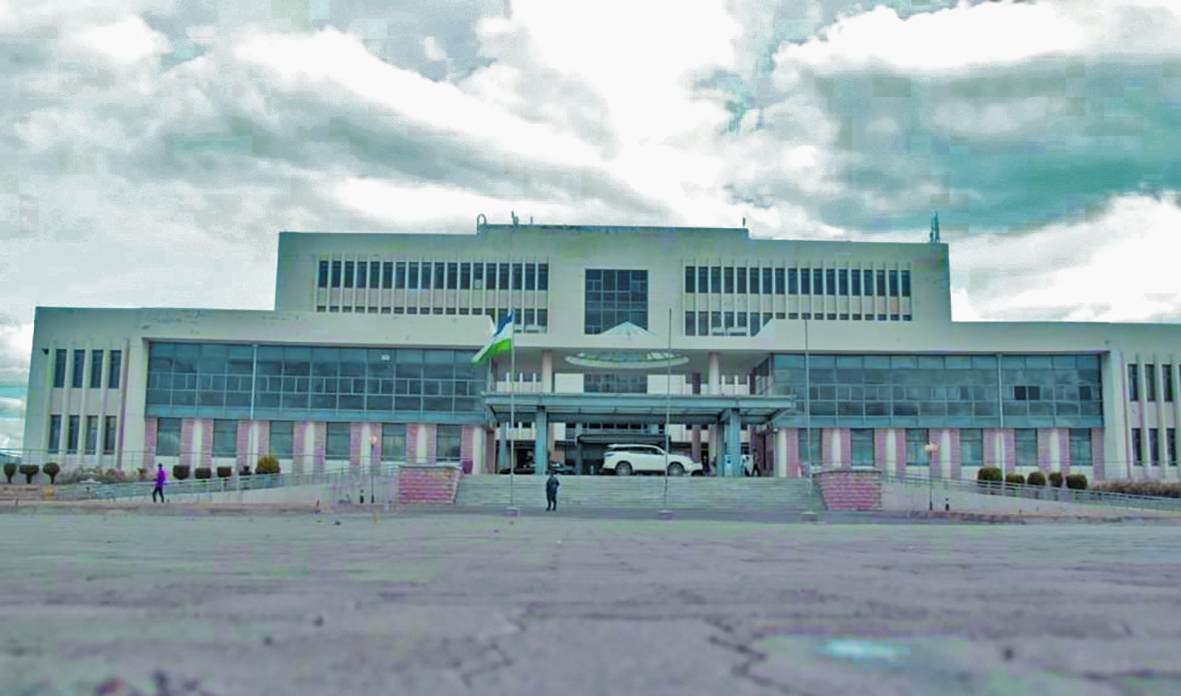Relebohile Makhetha
Opposition parties, including the Democratic Congress (DC), Basotho National Party (BNP), and the Popular Front for Democracy (PFD), urged the Court of Appeal yesterday to uphold a minority judgment issued by the High Court.
This pertains to the constitutional challenge against the Ninth Amendment to the Constitution.
The appeal comes in the wake of a legal defeat for the opposition parties against Member of Parliament (MP) Puseletso Lejone, who contested the constitutionality of the ninth constitutional amendment, arguing that it undermined the democratic fabric of Lesotho’s constitution.
The contentious ninth amendment outlines that if the national assembly passes a vote of no confidence in the government, the prime minister must resign if the resolution proposes a new member for the role
Additionally, it stipulates that the prime minister shall not advise a dissolution unless the dissolution is supported by a resolution of 2/3 majority of the national assembly.
Previously, the section allowed for the King to dissolve parliament if the prime minister did not resign or advise dissolution within three days of a no-confidence vote.
Justice Keketso Moahloli authored a dissenting judgment, differing from that of Justice Molefi Makara, with Justice Tšeliso Monaphathi concurring.
In their majority decision, Makara and Monaphathi declared the 9th Amendment to section 87(5)(a) and section 83(4) of the Constitution unconstitutional.
They ruled that this amendment infringed upon the democratic structure of Lesotho’s Constitution.
They refrained from ruling on a plea by the applicant to postpone the process of passing a vote of no confidence against Prime Minister Sam Matekane in parliament until comprehensive provisions for regulating such votes could be established through the reform process.
In his minority opinion, Justice Moahloli expressed his disagreement with the conclusion and order of the majority judgment. He highlighted the procedure outlined in section 85 of the Constitution for altering the Constitution, emphasising that adherence to this procedure renders any alteration unassailable.
Furthermore, Justice Moahloli raised doubts about the legitimacy of amendments that, while technically following the prescribed procedure, undermine the fundamental structure of the Constitution. He argued that such alterations may not qualify as genuine amendments, as they fail to uphold the foundational principles of the Constitution.
Justice Moahloli highlighted that the motion of no confidence outlined in the Constitution is not an immutable aspect of its fundamental structure. He argued that it can be modified within the framework of the Constitution itself.
Consequently, he concluded that the prayer seeking to declare the 9th amendment unconstitutional based on its infringement of the Constitution’s basic structure should be dismissed.
Furthermore, he asserted that the court lacks the authority to intervene in the legislative process by ordering the deferral of the vote of no confidence pending the conclusion of parliamentary reforms.
According to Justice Moahloli, such intervention would contravene the doctrine of separation of powers, which prohibits the judiciary from interfering with legislative affairs. Therefore, he also dismissed this prayer.
When presenting his case before the Court of Appeal, advocate Monaheng Rasekoai, representing the Appellants, underscored that the avenue for constitutional review lies within Section 22 of the Constitution.
Rasekoai stressed that any review of the rule of law should be anchored in the protection of individual rights. He highlighted that there was no legal precedent supporting a review solely focused on the rule of law, distinct from rights-based considerations.
He argued that any examination of the rule of law inherently involves the protection of rights.
Furthermore, Rasekoai contended that the legal action taken was premature, as no vote of no confidence had been initiated at the time.
He suggested that litigation should only be pursued in response to actual rights violations. Additionally, he pointed out that the litigant who brought the case before the High Court lacked standing, as the motion of no confidence targeted the Prime Minister, not the litigant.
Rasekoai further argued that the minority judgment cannot be faulted. He thus asked the Court of Appeal to consider it in their favour and allow the appeal to succeed.
On the opposing side, Legal Representative for some of the respondents, Advocate Motiea Teele (KC), argued that the 9th amendment had disrupted democracy as outlined in the Constitution.
Teele expressed concern over the manner in which the amendment was exercised, stating that it had led to confusion and overlooked the rights of the people.
He emphasised the principle of accountability for all state organs as mandated by the Constitution. He asserted that any individual with a sufficient interest in a matter has the right to bring it before the court. He concluded by urging the dismissal of the appeal.
The appeal was heard by President of the Court of Appeal Professor Kananelo Mosito assisted by Judges Dr. Philip Musonda, Petrus Damaseb, Moses Chinghengo and Dr.Johan Van de Westeheizen and the judgement will be given on the 14th May, 2024.
Summary
- The appeal comes in the wake of a legal defeat for the opposition parties against Member of Parliament (MP) Puseletso Lejone, who contested the constitutionality of the ninth constitutional amendment, arguing that it undermined the democratic fabric of Lesotho’s constitution.
- The contentious ninth amendment outlines that if the national assembly passes a vote of no confidence in the government, the prime minister must resign if the resolution proposes a new member for the role.
- He asserted that the court lacks the authority to intervene in the legislative process by ordering the deferral of the vote of no confidence pending the conclusion of parliamentary reforms.

Your Trusted Source for News and Insights in Lesotho!
At Newsday Media, we are passionate about delivering accurate, timely, and engaging news and multimedia content to our diverse audience. Founded with the vision of revolutionizing the media landscape in Lesotho, we have grown into a leading hybrid media company that blends traditional journalism with innovative digital platforms.










